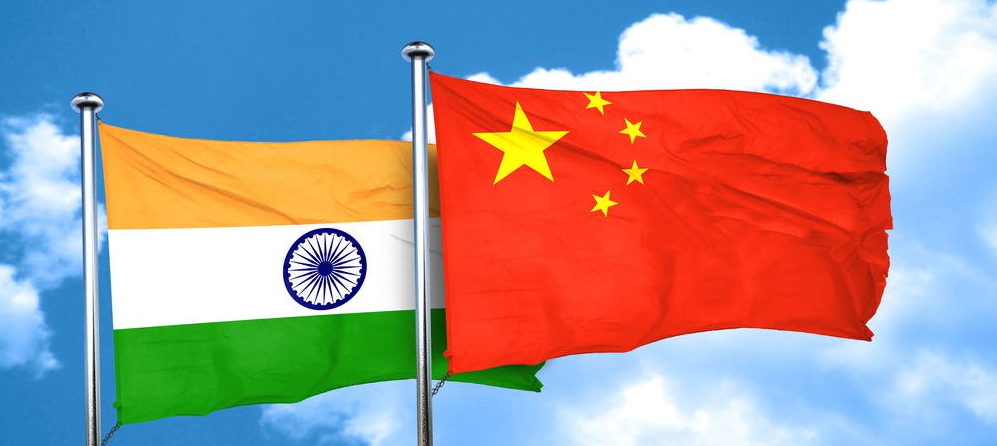The former chairman of Goldman Sachs Asset Management, Jim O'Neill, who famously coined the term "BRIC" at the turn of the century, has called the Group of Seven irrelevant. He pointed to the absence of a market reaction to the recent drama-filled G-7 Summit in Quebec. Furthermore, O'Neill suggested the inclusion of China and India in the group, and proposed relegating Canada, France, Germany and Italy to having but one single representation amongst them. Did he have a point?
Well, let's look at the numbers - they rarely lie. Here are the top 10 global economies by GDP:
1. U.S. - $19.42 trillion
2. China - $11.8 trillion <---
3. Japan - $4.84 trillion
4. Germany - $3.42 trillion <---
5. U.K. - $2.5 trillion
6. India - $2.45 trillion <---
7. France - $2.42 trillion <---
8. Brazil - $2.14 trillion
9. Italy - $1.81 trillion <---
10. Canada - $1.6 trillion <---
If we made a Group of Seven based on this list, Italy and Canada wouldn't even have a seat at the table. But this only tells part of the story. To see the true make-up of how this list will be composed over the next decade, you have to look at GDP growth rates.
Japan is projected to grow 1.2% in 2018, Italy is projected to grow at just over 1.5%, Canada and France are at 2%, Brazil is just shy of 2.25% and Germany is hovering around 2.4%. Italian debt scares aside, the most abysmal rate comes from the UK, which reported Q1 growth of just 0.1% - well below a projected 0.4%.
O'Neill's proposed additions to the G-7 - China and India - have a respective 6.8% and 7% 2018 growth rate. And as those economies develop into more diverse industry verticals and their capital markets continue to evolve, their growth engines and the capital flows that fuels them are not stopping any time soon.
Jim O'Neill may have been correct in his assumptions about China and India. What he may have failed to calculate is the precarious long-term status of Japan and the U.K. in this group. Neither of these countries tend to move the needle for markets for anything other than currencies, while China and India are constantly at the core of discussions around new public and private investment opportunities.
The term "BRIC" may be a relic of a not-so-distant past, but the influence that emerging markets wield is very real and should be at the forefront of investors' minds.
____________________________________________________________________________
For further insights on macro-economic, currency, emerging market, fixed income, equity and alternative investment matters, download one or more of our insightful opinion reports, written by institutional asset owners, for institutional asset owners.

